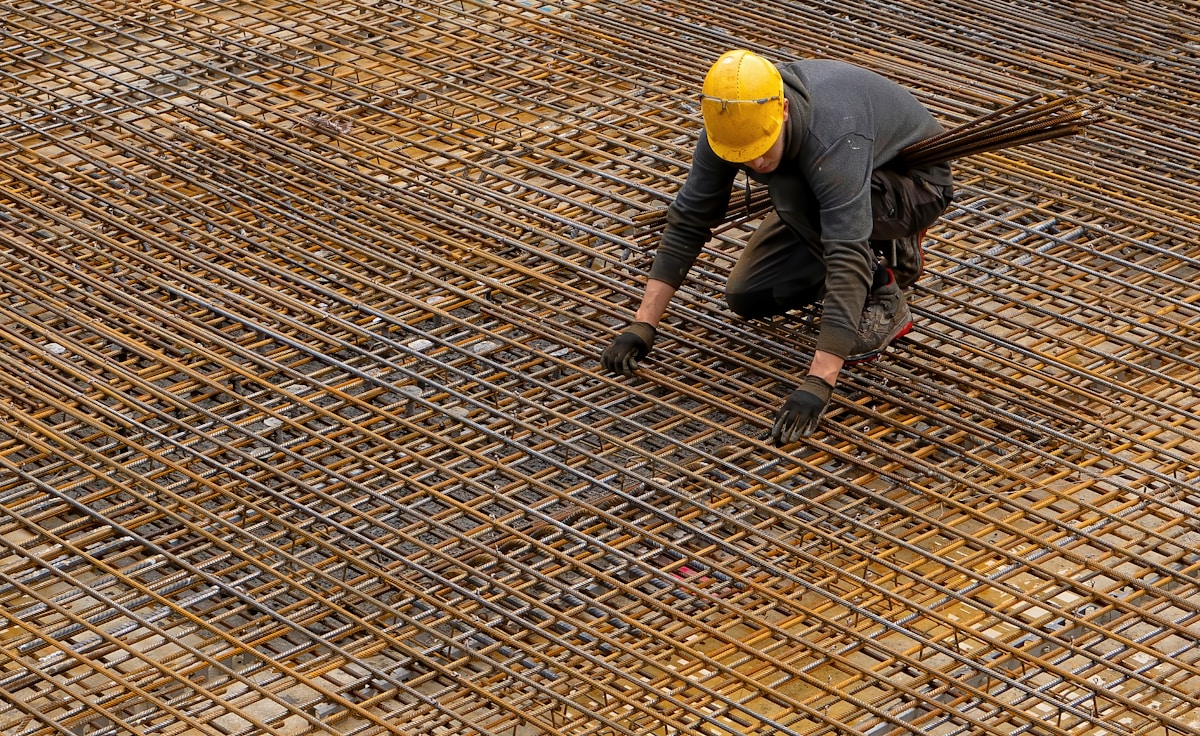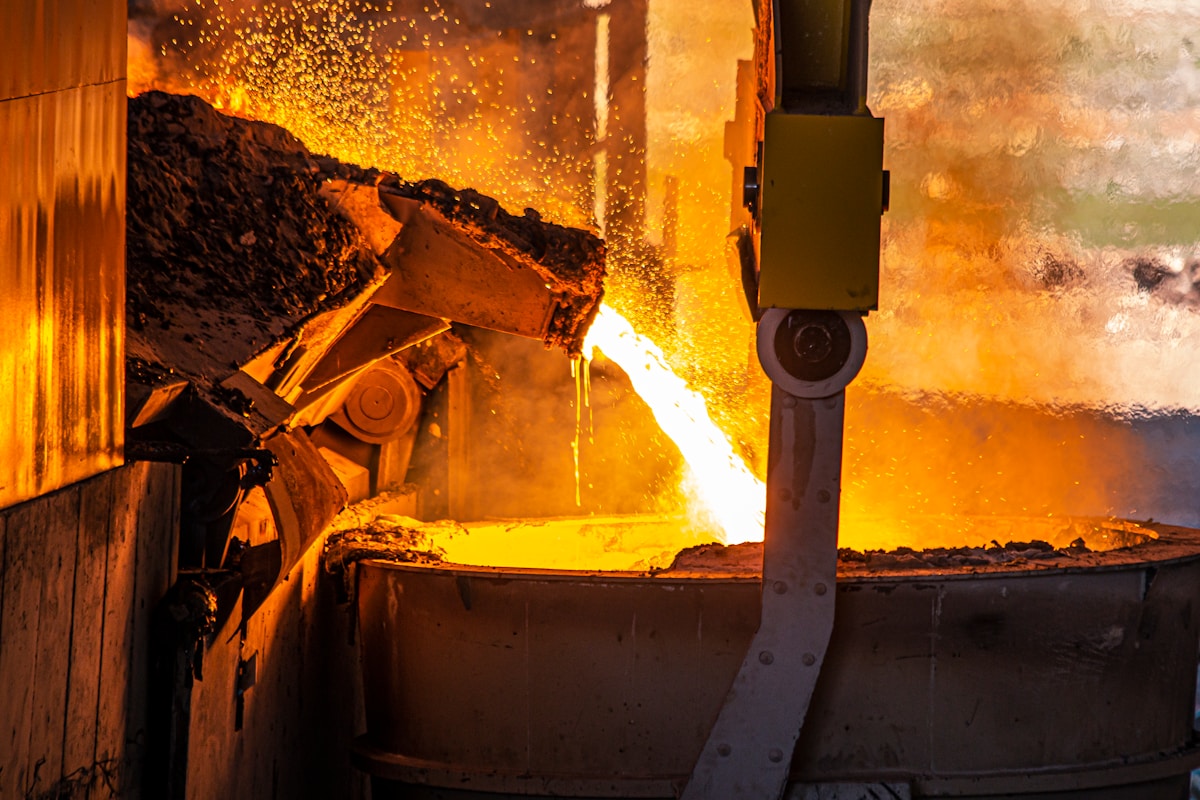Producer's inflation in China affects Brazilian ore
Tonne price drops to 2020 level

China's Producer Price Index (PPI) is at its highest level since 1995. In 12 months it rose to 10.7%, as the last month was heavily pressured by rising energy costs and surpassed market expectations of 10.4%.
Taking in account this negative surprise, market expectations for global inflation reduction in the short term have diminished, while fears of stagflation (inflation without economic growth) have increased. In the first nine months of 2021, the PPI has already summed 6.7%.
Consumer inflation also rose considerably in September (1.2%), but the year-over-year index is still at a comfortable level (0.7%).
The impact of the PPI affects the Chinese production chain and increases the price of exports. The decrease in the competitiveness of Chinese products, in turn, may reduce the country's Gross Domestic Product growth in the medium term and go against national interests. Although the Chinese consumer has not been hit hard by inflation, the Asian country's exports have become more costly, which may unfavor the trade balance.
The Chinese government has raised concerns about the rise in the PPI and has been using restrictive policies to control prices. In the case of steel industry, Shanghai imposed limits on its production and, therefore, forced a decrease in the demand for iron ore (the main input of steel) and took the price per ton to the levels of the first half of 2020.
For Rafael Foscarini, Director of Strategy at Belo Investment Research, "this maneuver by the Chinese government was very effective in controlling the price of ore. On the other hand, Brazilian exporters had reduced revenue, despite still operating with comfortable margins. Vale stock (VALE3), for example, suffered devaluation in the period and showed high volatility, which may scare off more conservative investors."
Besides the low demand for ore from China, the crisis at Evergrande, the second largest property developer in China, with a debt of US$300 billion and difficulties in rolling it over, adds even more uncertainty to the scenario.

Global inflation has been attracting the attention of the world's central banks and demanding tougher actions as high inflation rates become more and more permanent. In the United States, the September price month-over-month increased 0.4%, above the market consensus of 0.3%. In 12 months, the index reached 5.4%, way above the Federal Reserve's (FED) annual target of 2%.
The moment of high global inflation is prooving resilient as other factors exert strong pressure on prices, such as the delay in freights and the consequent lack of inputs in supply chains, the rise in the price of a barrel of oil (more than US$80) and the recent crisis in the supply of natural gas in Europe, used especially in the winter period for heating.
Putting into perspective, the price variation between early August and early September for gas reached almost 300% in the UK, 149% in France and 119% in Germany. In addition, prices were pressured by greater Chinese demand for energy sources to replace coal under the emissions reduction premises, in addition to lower wind energy production on the North Sea.
Rafael Foscarini adds that "uncertainty scenarios for both iron ore and freight can scare investors away. However, the use of alternative data for scenario analysis allows for a more accurate and faster reading of the facts and their respective impacts, which can benefit the portfolio manager in the allocation of resources".
Belo Investment Research is an independent research company that combines traditional and alternative data to analyze market trends since 2016.
